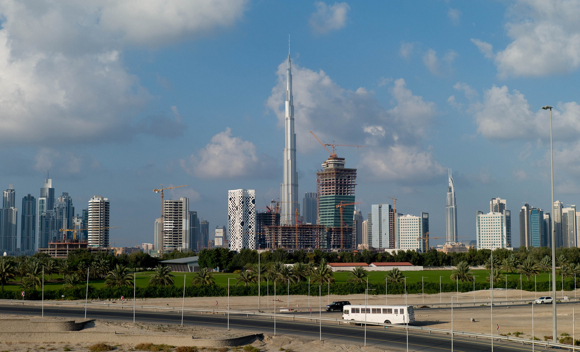Continued political unrest in the Middle East is sharply driving hotel market performance, with some countries benefiting while others lose out.
Hotels in Bahrain and Egypt are suffering from a lack of visitors due to the Arab Spring. Accountancy firm Ernst & Young’s Middle East Hotel Benchmark Survey shows revenue for hotels in Manama, Bahrain, declining 47.2% year-on-year during the first half of 2011, while Cairo hotel revenue dropped about 40%.
Another market that is performing poorly despite having relative calm politically is Lebanon. New data from STR Global shows that average occupancy at Beirut hotels declined 64.5% year-on-year in the first half of 2011.
Dubai, United Arab Emirates, has seen a boost in occupancy and revenue thanks to business travelers rerouting there from areas experiencing unrest, according to industry analysts, giving the emirate a boost after it took a hit during the world financial crisis.
Dubai’s occupancy levels were up from 69% to 75% year-on-year in the first half of 2011, according to Ernst & Young. RevPAR also increased US$12 year-on-year to US$119.
Also in the Persian Gulf, Qatar saw average occupancy rates increase 2% year-on-year during the first half of 2011 to 63%, according to the Qatar Tourism Authority.
Beyond its usual increase in visitors to Mecca during Ramadan, Saudi Arabia is seeing a boost from last year’s performance for the month of June with an 8.5% increase in occupancy and 25% increase in RevPAR, according to STR Global.

